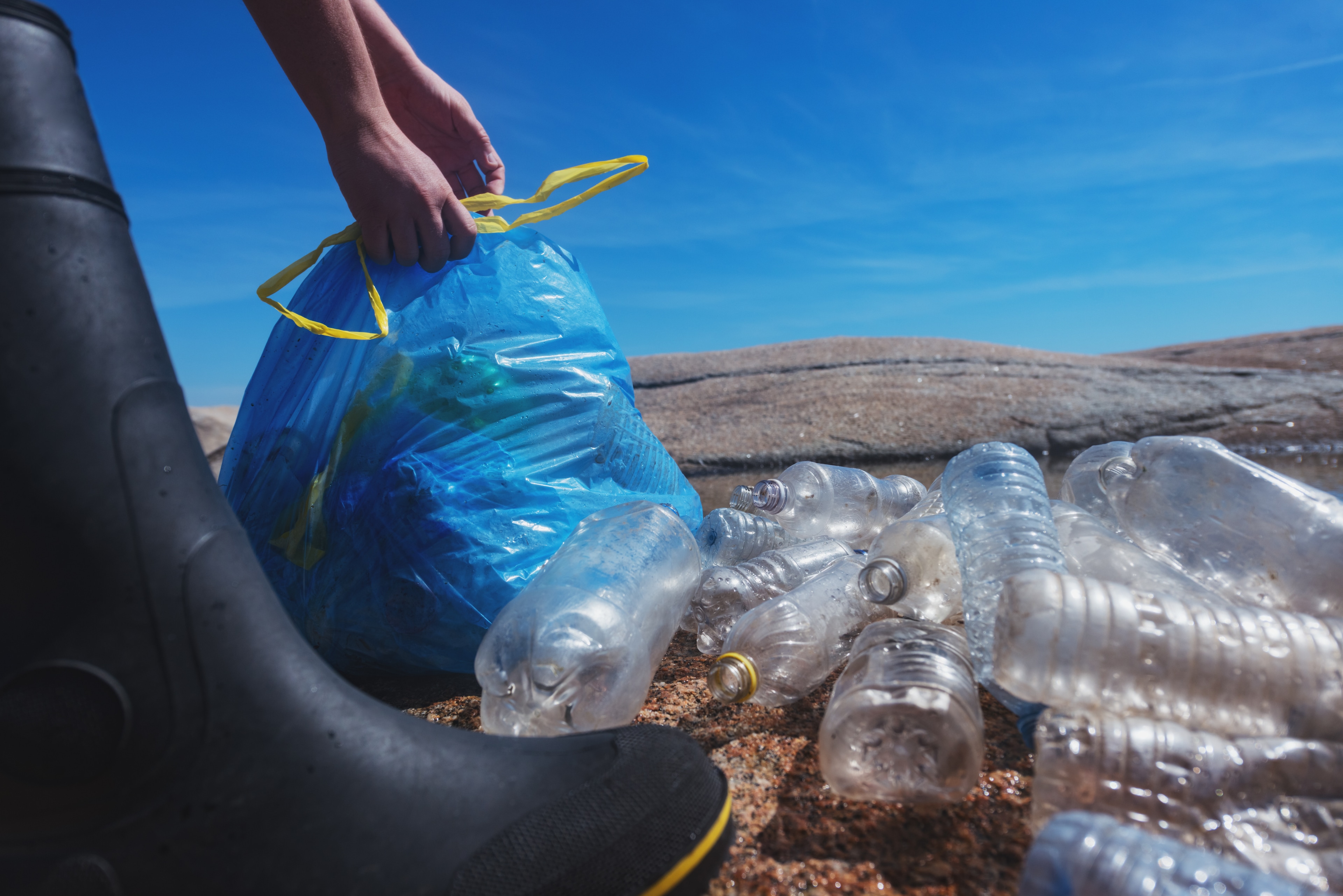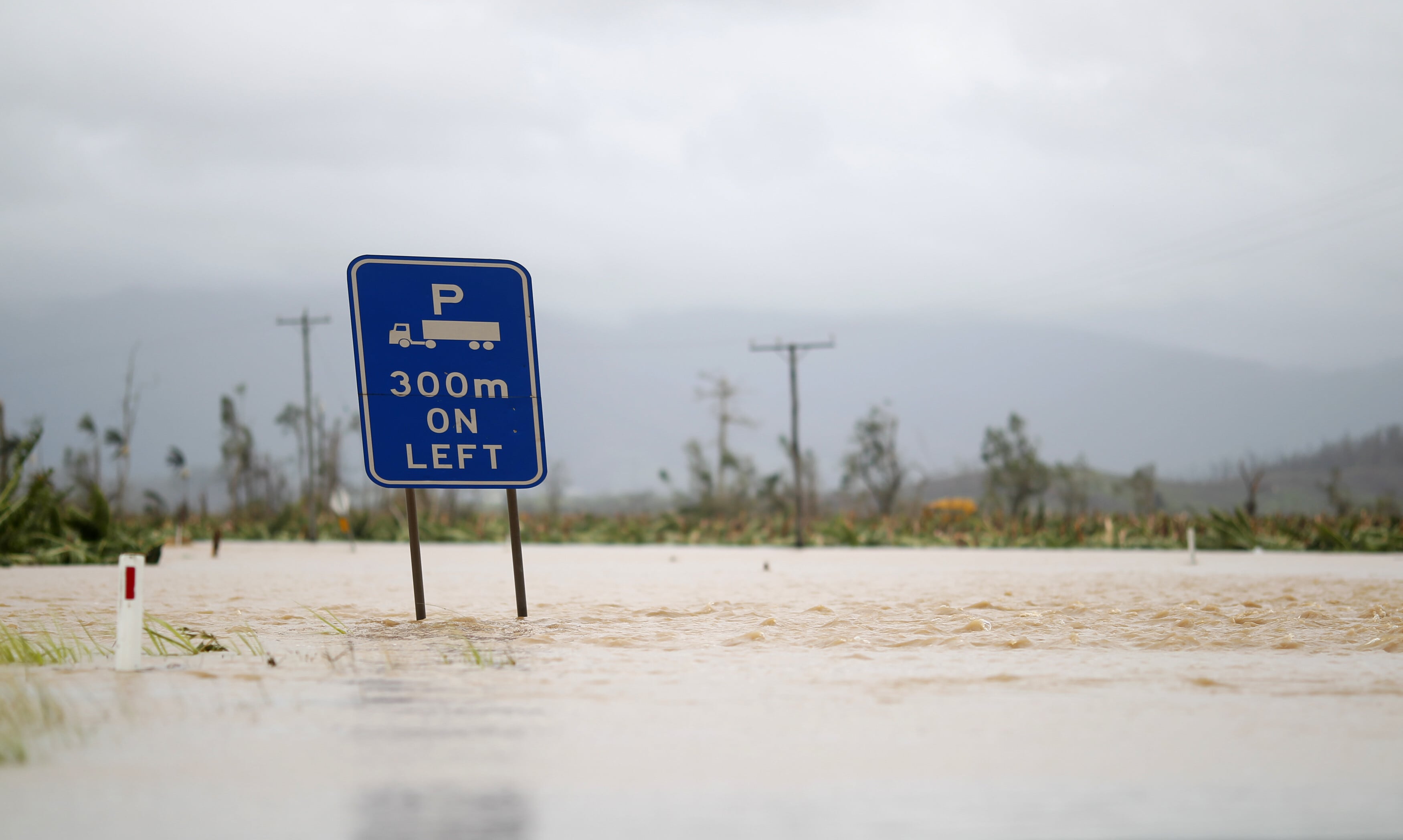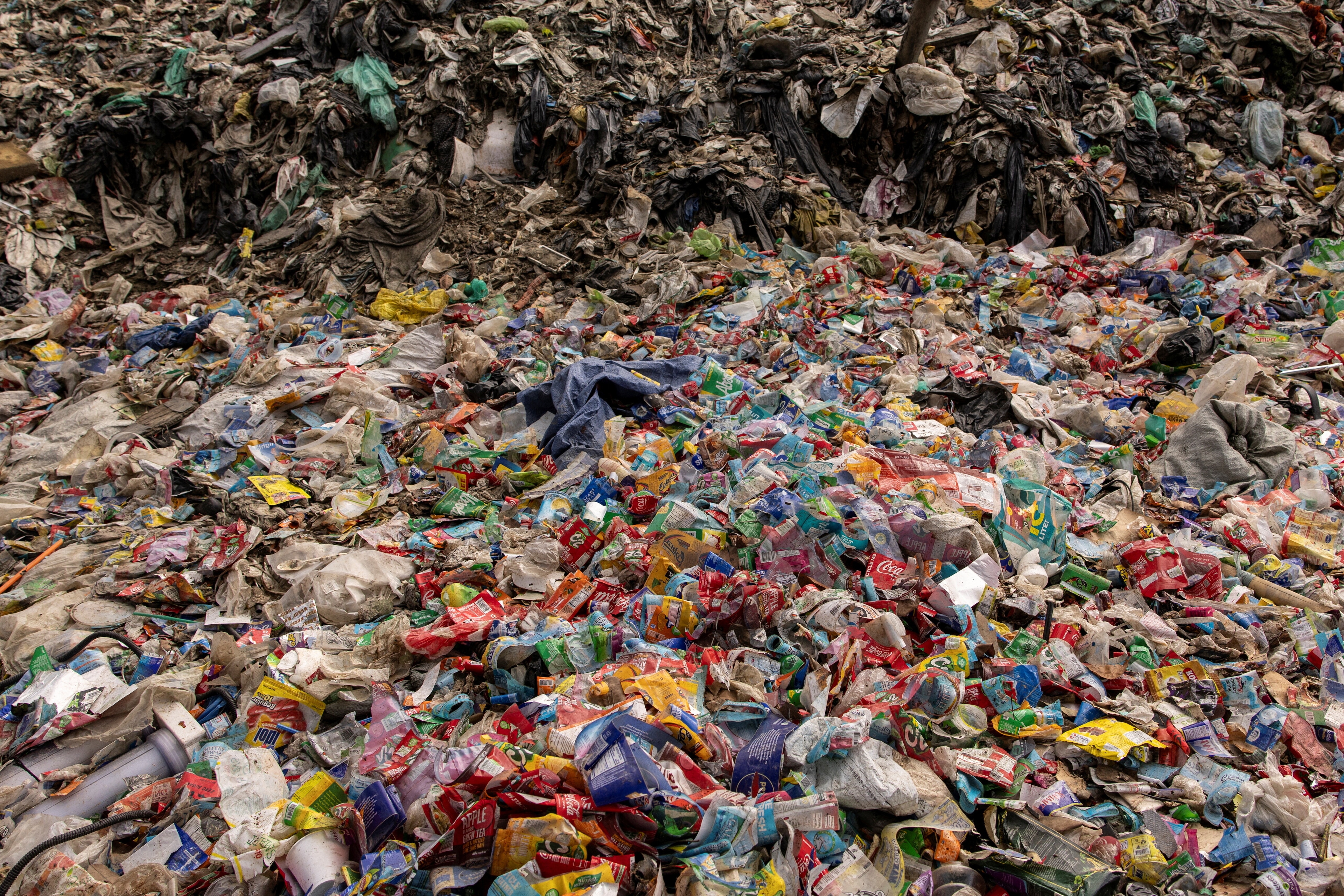Prey to project: Fishermen and scientists have teamed up to save Bolivia's pink river dolphins

"Everything that affects dolphins affects the humans that use those resources."
Image: UNSPLASH/Peter Burdon
Stay up to date:
Brazil
- Fishermen who once hunted Bolivia's pink rare dolphins are now working with researchers to improve their understanding of the species and help their survival.
- The fishermen are monitoring the dolphins' behavior and giving scientists clues about the threats they face.
- This work has given fishermen a new perspective on how they can co-exist with the dolphins, by protecting habitats, ecosystems and mutual resources.
Fishermen who once angled for rare pink river dolphins are working with researchers in Bolivia's Amazon jungle in a high-tech bid to assure the species' survival and better understand their needs.
Scientists with global environmental group WWF and Bolivian NGO Faunagua recently tagged four freshwater dolphins in the Ichilo river using satellite technology that allows fishermen to use a mobile phone app to report their locations.
"They (the fishermen) hunted the dolphins to use them as bait for fishing," said Paul Van Damme, of Faunagua. "(Now) we are raising their awareness and including them as researchers and scientists."
Despite the iconic status of river dolphins, little is known about their populations and habitats, according to WWF. Fishermen who still frequent the rivers will report what dolphins eat, how far they migrate and give scientists clues about the threats they face.

It gives fishermen a new perspective on a species that has long been their prey, said Lila Sainz, head of Bolivia's WWF.
"Everything that affects dolphins affects the humans that use those resources," said Sainz. "So, if dolphins are doing well, people are doing well."
What is the World Economic Forum doing about nature?
Bolivia's vast Amazon rainforest is critical habitat for a wide range of species, from dolphins to toucans and jaguars, whose existence is being threatened by deforestation, upriver dams, forest fires and development.
Reporting by Monica Machicao; Writing by Dave Sherwood; Editing by Richard Chang
Accept our marketing cookies to access this content.
These cookies are currently disabled in your browser.
Don't miss any update on this topic
Create a free account and access your personalized content collection with our latest publications and analyses.
License and Republishing
World Economic Forum articles may be republished in accordance with the Creative Commons Attribution-NonCommercial-NoDerivatives 4.0 International Public License, and in accordance with our Terms of Use.
The views expressed in this article are those of the author alone and not the World Economic Forum.
Related topics:
Forum Stories newsletter
Bringing you weekly curated insights and analysis on the global issues that matter.
More on Nature and BiodiversitySee all
María Daniela Limongi Izaguirre, Edwin Josue Castellanos and Marisol Argueta de Barillas
September 22, 2025
Michael Donatti and Benoit Bégot
September 19, 2025
Tom Crowfoot
September 18, 2025
Caroline Meech and Sakshee Singh
September 17, 2025
Tania Strauss and Beverley Postma
September 17, 2025
Metolo Foyet
September 16, 2025






